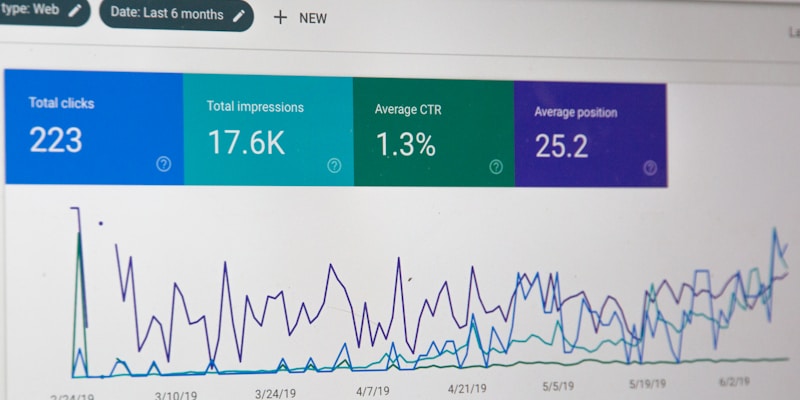Jagex, the British gaming studio behind the legendary RuneScape franchise, has made a shocking announcement that’s sending ripples through the gaming industry. The company is willing to sacrifice significant revenue to remove the microtransaction systems that have been driving players away from RuneScape 3 for over a decade.
The Microtransaction Problem That Nearly Killed a Legend
Since 2012, RuneScape 3 has been hemorrhaging players due to aggressive microtransaction systems, particularly the controversial Treasure Hunter feature. This loot box-style system allowed players to purchase experience points and powerful items directly, fundamentally breaking the game’s core progression mechanics that made it beloved by millions.
New CEO Jon Bellamy didn’t mince words about the situation: “We probably won’t maintain the revenue that we currently are when we make these changes. But equally, if we’re taking a 10 or 15 or 25-year view, some short-term pain is probably worth the restoration of the game.”
RuneScape Revenue Numbers Tell the Real Story
The financial impact is already visible in Jagex’s 2024 statements. Microtransaction revenue dropped by £5.5 million compared to 2023, while total company revenue remained flat at £151 million. This decline reflects growing player resistance to pay-to-win mechanics that have plagued the game for years.
| Year | Total Revenue | Microtransaction Revenue Change |
|---|---|---|
| 2023 | £152 million | Baseline |
| 2024 | £151 million | -£5.5 million |
Despite membership price increases, RuneScape 3’s subscriber count continues falling while Old School RuneScape thrives without any microtransactions whatsoever.
Old School RuneScape Shows the Path Forward
The stark contrast between the two games couldn’t be clearer. While RuneScape 3 struggles with declining players, Old School RuneScape just shattered its all-time concurrent player record with 240,756 players online simultaneously in August 2025. This achievement came 12 years after the game’s launch, proving that player-first design wins in the long run.
Old School RuneScape maintains strict policies: no microtransactions ever, and all major updates require 75% player approval through polling. This democratic approach has created an incredibly loyal community that continues growing while other MMORPGs struggle to retain players.
The Experiments That Could Change Everything
Jagex isn’t just making empty promises. The company has launched concrete experiments to test player response to microtransaction removal. In July 2025, they temporarily disabled Treasure Hunter entirely – something that hadn’t happened since its 2012 implementation.
The experiments include:
- Complete removal of Treasure Hunter for testing periods
- Blocking premium currency items during double XP events
- Testing alternative monetization models based on player feedback
These aren’t cosmetic changes – they’re fundamental shifts in how RuneScape 3 operates, targeting the core systems that players have criticized for over a decade.
Industry Implications Beyond RuneScape
Jagex’s decision represents a rare moment of corporate self-reflection in an industry increasingly dominated by aggressive monetization. While other companies double down on loot boxes and pay-to-win mechanics, Jagex is essentially admitting these systems harm long-term sustainability.
The move comes as regulatory pressure mounts globally around loot boxes and gambling mechanics in games. Jagex’s proactive approach could position them advantageously as governments crack down on predatory gaming practices.
What This Means for Players
For longtime RuneScape fans, this represents the first real hope for the game’s future in years. Survey data shows that thousands of former players indicated they’d return if microtransactions were removed or significantly reduced.
The company’s commitment extends beyond immediate changes. CEO Bellamy envisions RuneScape running for another 25-50 years, requiring sustainable practices that prioritize player experience over short-term revenue extraction.
Frequently Asked Questions
Will Jagex actually remove all microtransactions from RuneScape 3?
Jagex is running experiments to test different approaches, including temporary removal of major systems like Treasure Hunter. Complete removal isn’t guaranteed, but significant changes are coming based on player feedback and revenue impact analysis.
How much revenue could Jagex lose from these changes?
CEO Jon Bellamy acknowledged they “probably won’t maintain” current revenue levels, with microtransactions already down £5.5 million in 2024. However, he views short-term losses as worthwhile for long-term sustainability.
Why is Old School RuneScape so much more successful than RuneScape 3?
Old School RuneScape has no microtransactions and requires 75% player approval for major changes. This player-first approach has resulted in record-breaking concurrent player counts while RuneScape 3 continues losing subscribers.
When will these RuneScape changes be implemented permanently?
Jagex is currently running short-term experiments lasting 2-3 weeks each to gather data and player feedback. Permanent changes will be announced based on experiment results throughout late 2025.
Could other gaming companies follow Jagex’s example?
While rare, Jagex’s decision could influence industry practices as regulatory pressure increases around loot boxes and as companies recognize the long-term costs of player alienation through aggressive monetization.
What happens to existing RuneScape 3 players who purchased microtransactions?
Jagex hasn’t announced any compensation plans for previous microtransaction purchases. The focus appears to be on preventing future harm rather than addressing past transactions.
Is this move financially sustainable for Jagex long-term?
Jagex believes attracting back former players and improving retention will offset microtransaction losses. Old School RuneScape’s success without microtransactions supports this theory, though RuneScape 3’s situation is more complex due to its existing systems.
Conclusion
Jagex’s decision to prioritize player satisfaction over immediate profits marks a pivotal moment for both RuneScape and the broader gaming industry. While the financial risks are real, with millions in potential revenue at stake, the company’s commitment to long-term sustainability over short-term gains offers hope for a healthier relationship between developers and players. The success of Old School RuneScape proves that player-first design can achieve both commercial success and community satisfaction – a lesson the entire gaming industry would benefit from learning.


